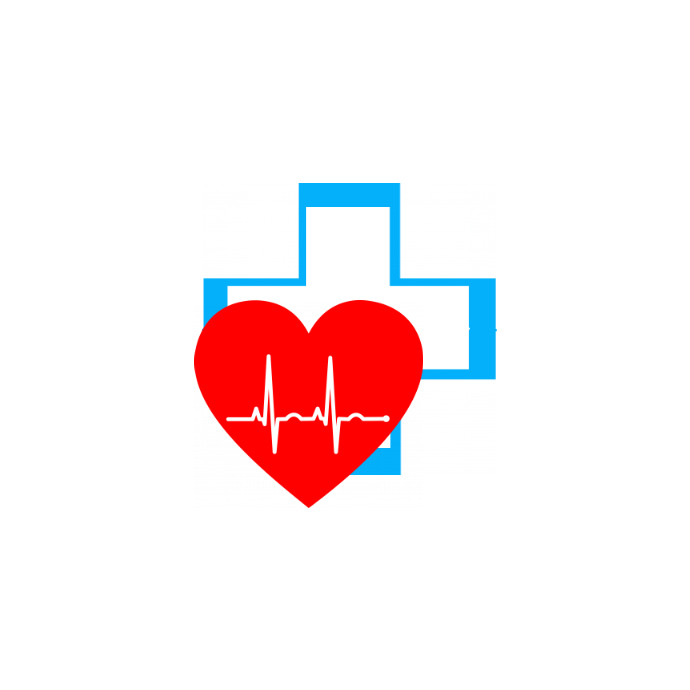
Diabetes is a serious, chronic condition that affects the way the body processes blood sugar, also known as glucose. It is a metabolic disorder where the body is unable to produce enough insulin, a hormone responsible for regulating blood sugar, or is unable to use the insulin it produces effectively.
When blood sugar levels remain high over time, it can lead to serious health complications, including heart disease, stroke, kidney disease, blindness, nerve damage and even death.
The two most common types of diabetes are type 1 diabetes and type 2 diabetes. Type 1 diabetes is an autoimmune disorder in which the body’s immune system mistakenly attacks and destroys the insulin-producing cells of the pancreas. This results in the body not producing enough insulin, which can lead to dangerously high blood sugar levels.
Type 2 diabetes is a chronic condition where the body does not produce enough insulin or does not use it effectively. This type of diabetes is usually linked to lifestyle factors such as being overweight or inactive, and is much more common than type 1 diabetes.
Diabetes has become a global health issue, with an estimated 347 million people worldwide living with the condition. It is the seventh leading cause of death in the United States and is the leading cause of blindness among adults. It is also the leading cause of kidney failure and lower limb amputations.
There are several risk factors associated with diabetes, including age, family history, ethnicity, being overweight, physical inactivity, smoking, and having high blood pressure or pre-diabetes.
While diabetes cannot be cured, it can be managed through lifestyle changes such as eating a healthy diet, maintaining a healthy weight, getting regular physical activity, and monitoring blood sugar levels. Diabetes can also be managed with medications, including insulin injections, glucose-lowering medications, and oral medications.
It is important to recognize the signs and symptoms of diabetes, which can include increased thirst and urination, extreme tiredness, blurred vision, frequent infections, and slow healing wounds. If you have any of these symptoms, it is important to talk to your doctor right away. Early detection and treatment of diabetes can help prevent or delay the onset of serious complications.
Living with diabetes can be a challenge, but with the right support, it is possible to manage the condition and lead a healthy, happy life. It is important to stay informed and up-to-date on the latest treatments and management techniques. There are also many support groups and resources available to help people living with diabetes.
Written by ProfT for Naijatipsland.com










